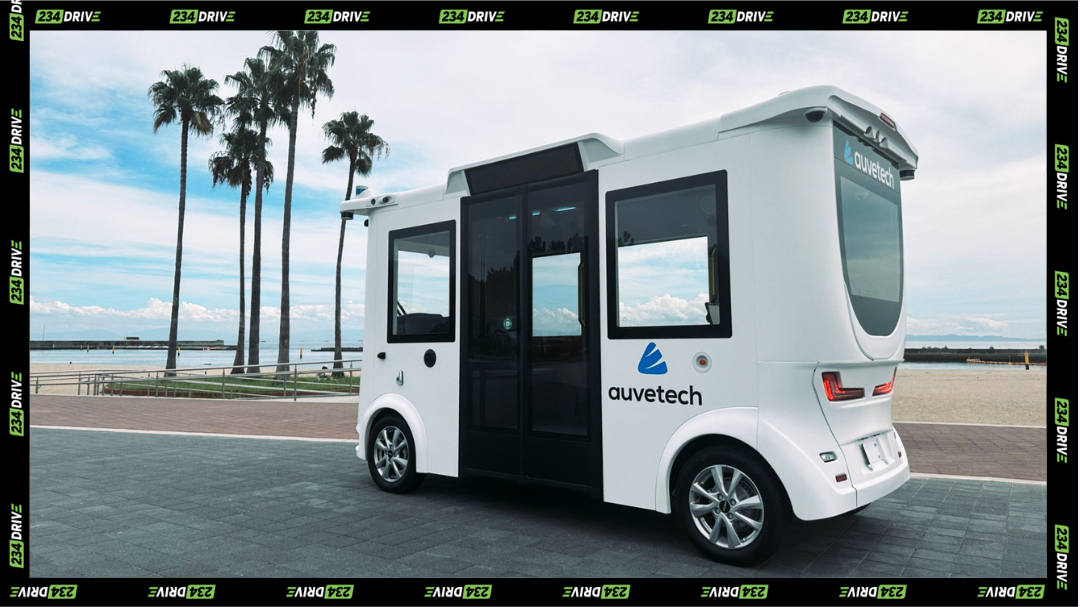Okadas are everywhere in Nigeria. They weave through traffic, carry passengers across neighbourhoods, and keep goods moving in cities where time is everything. For millions, these motorcycles are a backbone of daily life. As vital as they are, the technology behind them has barely evolved, even with challenges like rising fuel prices, increased maintenance costs, and, commercially, more charges but less profit for riders. That’s where Spiro steps in, aiming to curb these long-standing issues with electric solutions — and in this case, through the EKON 450M1 electric bike.

The EKON 450M1 is Spiro’s answer to the everyday struggles of riders and passengers. As Nigeria’s first electric Okada, it introduces a quieter, smoother ride while eliminating the fumes of petrol engines.
It is designed to handle the stop-and-go rhythm of Nigerian traffic without gears or delay, making it intuitive for any rider who has ever used a petrol-powered motorcycle or, straight to the point, for someone who merely knows how to ride a bicycle.
Specifications and Range
The EKON 450M1 delivers steady power with a top speed of about 85 km/h, more than enough for city commuting. On a full charge, it can cover close to 80 km depending on road conditions and rider load. That distance makes it practical for most daily transport needs, from passenger trips to deliveries. A digital display provides real-time ride data, while LED lighting and sturdy 17-inch wheels prepare it for both day and night use. But the real story of the bike lies in how it is powered and kept on the road.

Spiro adds smart features such as geofencing, which allows operators to control where and how the bike is used, creating added layers of safety and accountability.
Battery and Charging
Spiro uses a removable battery system to keep the EKON 450M1 running efficiently. Instead of waiting hours for a recharge, riders simply swap a depleted battery for a full one at “Swap stations”. This approach eliminates downtime, ensuring riders can keep working throughout the day. The batteries are lightweight enough to be handled easily and are built for repeated cycles without significant wear.

A rider pulls in, hands over an empty battery, and, in minutes, leaves with a fully charged one at N2000. Pricing is designed with commercial riders in mind, charging per swap or per unit of electricity consumed. For example, the state of charge pricing means riders pay N20 for 1%, making costs more predictable and easier to manage than fluctuating petrol prices.

The swap stations run on round the clock electricity with backup power from solar panels and the Energy Storage System (ESS).

Cost Comparison
Fueling a petrol Okada has become an expensive affair in Nigeria. With rising pump prices, riders often spend several thousands of naira daily just to stay on the road, not to mention frequent maintenance for engines, oil changes, and exhaust systems. In contrast, running the EKON 450M1 with battery swaps significantly lowers day-to-day expenses, and the simpler electric motor design reduces maintenance needs. For many, this balance could mean higher profit margins and less stress over fuel scarcity.

Price
The cost of acquiring an EKON 450M1 ranges from N1.3 million to N1.5 million and are available across Spiro outlets. Spiro offers financing and lease-to-own models to make it accessible. The company’s approach is to spread payments in a way that matches a rider’s daily income, so the investment feels manageable. Over time, the savings from fuel and maintenance are designed to offset the purchase price, making the bike more cost-effective in the long run.

What This Could Mean for Nigerians
For riders, these electric bikes promise lower running costs and a chance to take home more income after a long day of work. For passengers, it offers a quieter, smoother, and cleaner ride. And for cities, it represents the start of a shift toward sustainable, efficient mobility. The EKON 450M1 signals of change for everyday Nigerians. If Spiro can expand its battery swapping infrastructure and continuously create incentives, these electric bikes can reshape the way two wheelers move and operate in Nigeria in its entirety.
For a full and extensive video review of the EKON 450M1 in action, you can watch it here.










